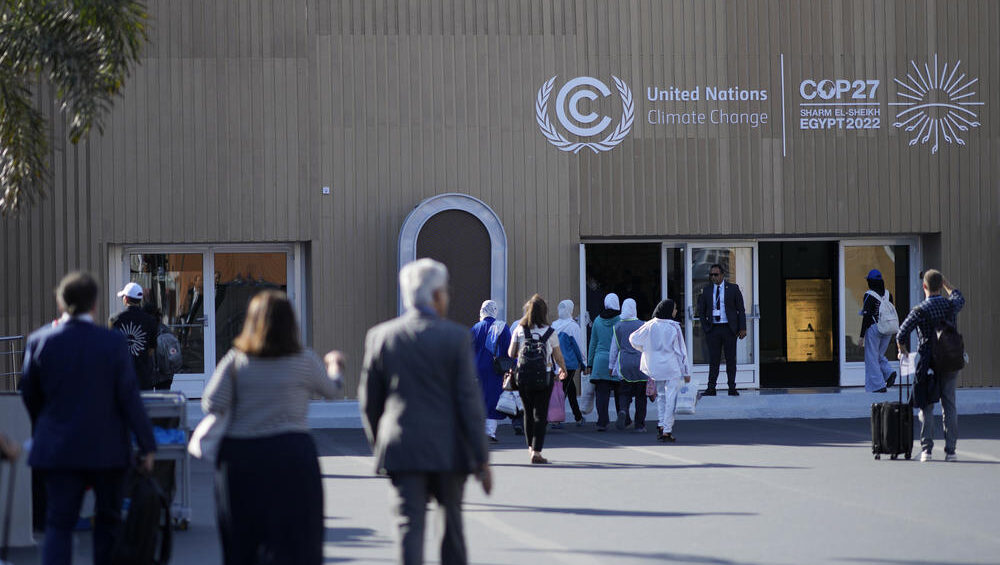The world’s smallholder farmers produce around a third of the world’s food. But only 1.5% of global climate finance (USD 10 billion) is currently channelled into small-scale agriculture, and just 7% (USD 700 million) is going to value chain actors like smallholder farmers.
In Africa alone, the adoption of sustainable agriculture on 50% of African farmland, would equate to USD 17 billion in savings to farmers and companies each year, recent reports suggest.
The COP27 Presidency launches the Food and Agriculture for Sustainable Transformation (FAST), to improve the quantity and quality of climate finance contributions to transform agriculture and food systems by 2030, supporting adaptation and maintaining a 1.5-degree pathway whilst supporting food and economic security. This multi-stakeholder cooperation program will have concrete deliverables for enhancing country’s capacities to access climate finance and investment, increase knowledge, and provide policy support and dialogue.
The Agriculture Innovation Mission for Climate (AIM for Climate) has announced an increased investment of more than USD 8 billion, up from USD 4 billion at COP26 with the support of over 275 government and non-government partners. AIM for Climate is a global initiative by the United Arab Emirates and the United States. The increased investment is comprised of over USD 7 billion from Government Partners with contributions from Australia, Bangladesh, Canada, Denmark, the European Commission, Finland, Hungary, Ireland, Israel, Japan, Lithuania, New Zealand, the Republic of Korea, Romania, Singapore, Spain, Sweden, Ukraine, United States, United Arab Emirates, United Kingdom, Uruguay, Vietnam, and over USD 1 billion investment from 30 Innovation Sprints.
The African Food Systems Transformation Initiative (AFSTI) and 70 African-owned agri-busineses announce an action plan for directing financial flows to food supply chains in Africa. It will draw finance, philanthropy, multilateral development banks, and private sources, targeting much overlooked agri-businesses and food processors who are pivotal to transforming the food outlook in Africa.
The Rockefeller Foundation has announced USD 11 million in grants to ten organizations scaling indigenous and regenerative agriculture practices around the world, with Regen10 as a flagship initiative. The evidence makes clear the central role food systems can play in mitigating climate change. The funding will help scale the development, data analysis, financing, and education around regenerative agricultural practices, which can improve global food systems and mitigate the global food crisis.
Source
News Agencies








